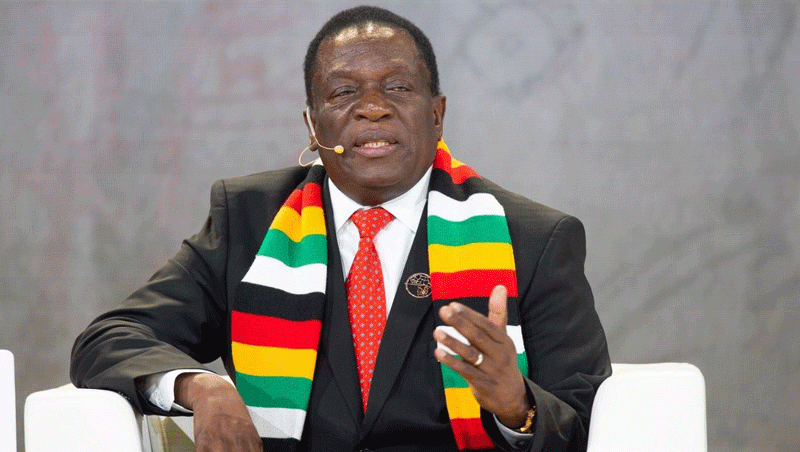
WHEN President Emmerson Mnangagwa came into power in 2017 via a coup, he declared himself a listening President. He even likened the voice of people to that of the Almighty God, in a bizarre demonstration of his respect for the citizens. Citizens were promised heaven on earth and many believed him.
He pledged to oversee a democratic Zimbabwe that will uphold basic human rights, tolerate a multi-party political system, enforce a democratic voting system, respect the rule of law, ensure democratic government and embrace citizen participation.
Again, after winning the disputed August 2023 poll, the ‘listening’ President promised to give Zimbabweans a better life.
“The lives of our people should be improved, nothing less. My new government will deliver on the promises made. Zimbabwe is surely on the rise,” Mnangagwa told thousands of supporters, as he was sworn in as the country’s president for a second term.
But, just a few months after his speech, the first secretary of the Zanu-PF party has dithered on his promises. His government has made life sourer for citizens. For instance, the Treasury introduced the US$0,02 per gramme of sugar contained in beverages, excluding water, and a 1% wealth tax on properties worth above US$250 000.
The government also hiked passport fees from US$120 to US$170 for an ordinary travelling document, increased tollgate fees, and reviewed upwards the strategic reserve levy by US$0,03 and US$0,05 per litre of diesel and petrol, respectively.
To make matters worse, the Zimbabwe Revenue Authority on Tuesday announced a raft of tough measures limiting the formal traders’ access to commodities from manufacturers and retailers.
According to the new measures, manufacturers can now only sell their goods to wholesalers who are registered for value-added tax and have tax clearance certificates.
- Budget dampens workers’ hopes
- Govt issues $24 billion Covid-19 guarantees
- Letter to my People:They have no answers for Nero’s charisma
- ZMX to enhance farm profitability
Keep Reading
The wholesalers would, in turn, only sell their goods to licensed and registered retailers while individuals can only buy goods worth not more than US$1 000 or its ZWL equivalent within 30 days.
The measures also target small businesses and individuals running flea markets, tuckshops, street vendors and hawkers among others. People wailed over these measures but the President turned a deaf ear.
We doubt that these new measures will improve the lives of “our people.”
For instance, following these measures, retailers have started to increase prices of basic goods, further condemning millions of citizens to abject poverty, contrary to Mnangagwa’s promises.
Similar to his principal, Finance Minister Mthuli Ncube refused to listen when businesses and citizens tried to reason with him about how the 2024 national budget was anti-poor when he announced it in November last year. He went ahead with it, although with very slight modifications. The budget was even endorsed by Zanu-PF legislators.
With the people it is intended to serve continuing to live in poverty, it begs the question: Whose interests is this government serving?
Surely, it can't be our interests.











